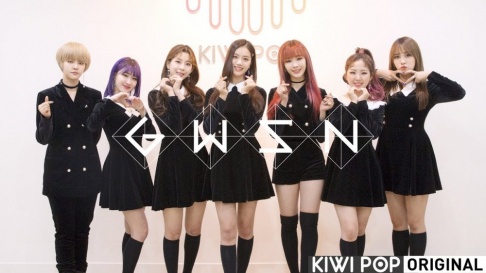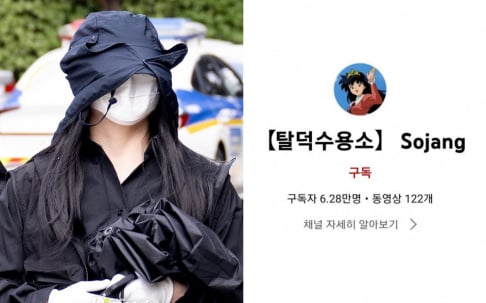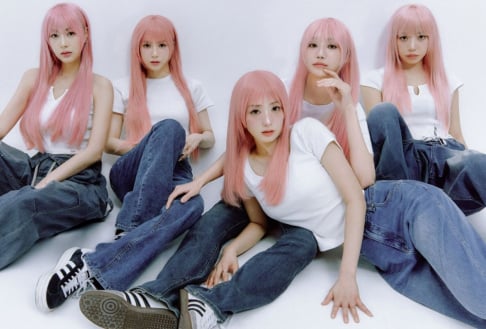It’s early on a Monday night in September at a lavish top-floor suite of the Ritz-Carlton in Los Angeles, and Jimin, one-seventh of BTS, the most popular boy band in the world, is napping upright in front of an illuminated dressing room mirror.
You can’t blame him for being exhausted. Exactly 24 hours earlier, Jimin, 22; Jin, 25; Suga, 25; J-Hope, 24; RM, 24; V, 22; and Jung Kook, 21, were warming up backstage at L.A.’s Staples Center, prepping to perform their fourth and final show of a sold-out stretch at the 20,000-seat arena. Each night is a marathon of sharp dance choreography, music-video interludes and indoor pyrotechnics—all backgrounded, of course, by the roars of screaming fans. “It’s a real honor,” says J-Hope, via a translator. “We’re proud that everything we do is giving off light.”
Like The Beatles and One Direction before them, BTS serves up a mania-inducing mix of heartthrob good looks and ear-worm choruses, alongside dance moves in the vein of New Kids on the Block and *NSYNC. But the band—whose name stands for Bangtan Sonyeondan in Korean and Beyond the Scene in English—is also breaking new ground. Not only is BTS the first Korean act to sell out a U.S. stadium (to say nothing of the records they’ve set across Asia), but they’ve done so without catering to Western audiences. Only one of their members, RM, speaks fluent English, and most of their songs are in Korean—even more proof that music “doesn’t have to be English to be a global phenomenon,” says Steve Aoki, a U.S. DJ who has collaborated with BTS. The group is also preternaturally adept at leveraging social media, both to promote their music and connect with their fans.
But for now, at least, they may need sleep. “I’m still trying to get over my jet lag,” deadpans Suga, one of the group’s three rappers.
Since its genesis in the ‘90s, Korean pop—or K-pop—has become synonymous with what studios call “idols”: a cadre of young, polished, perfect-seeming pop stars whose images are often rigorously controlled. (They’re often discouraged from discussing their dating lives, so as to seem available to fans.) But even as K-pop matured to a nearly $5 billion industry with fans around the world, its biggest stars—including Rain, Girls’ Generation and Big Bang—largely failed to gain traction in Western markets. The outlier was Psy, a South Korean rapper whose “Gangnam Style” became a viral hit in 2012, though his comic, outlandish persona was an unlikely (and some critics argue, problematic) herald for the genre.
©Credit to owner

 SHARE
SHARE












































I'm 90% sure that this was copy pasted from another website.
2 more replies